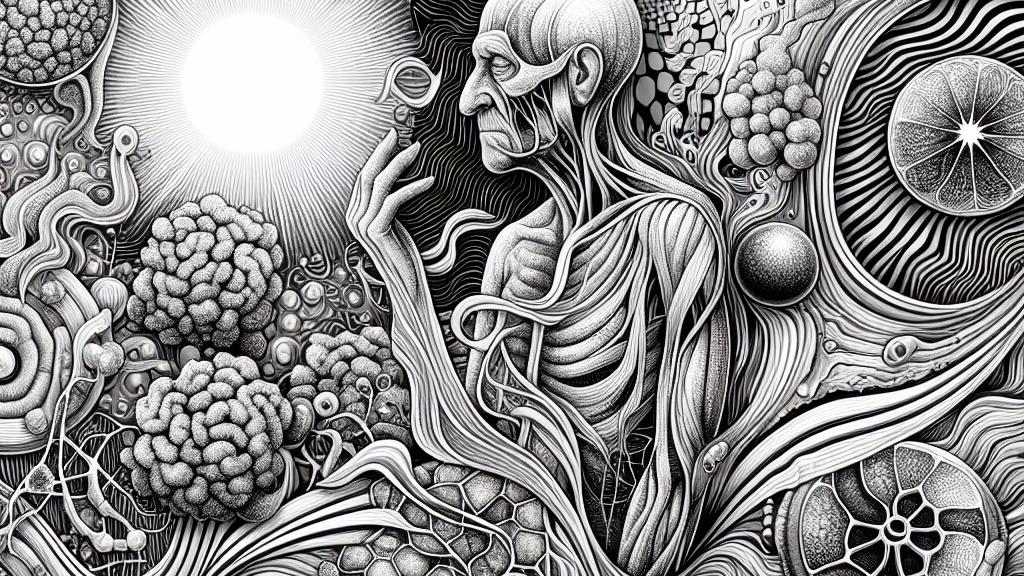Fountain of Youth: Can Science Really Stop Ageing?
Overview
- In-depth investigation into the science of aging and the possibilities of halting it.
- Comprehensive exploration of key biological processes and their implications.
- Critical analysis of societal challenges and ethical considerations associated with increased longevity.

The Complex Nature of Aging
Aging is a multifaceted biological process that every human experiences, marked by various physiological changes that can severely affect overall well-being. From skin wrinkling and memory decline to the loss of muscle mass, aging encapsulates issues that extend beyond mere appearance. Leading researchers like Nobel laureate Venki Ramakrishnan assert that the scientific community is zeroing in on the molecular intricacies that underlie aging. Fundamental concepts such as cellular senescence—where cells lose their ability to replicate effectively—offer insight into how aging manifests at a cellular level. Aging is triggered by a combination of factors, including the inevitable accumulation of cellular damage due to environmental stressors such as UV radiation and pollution, alongside genetic predispositions. This intricate interplay highlights the importance of both lifestyle choices and inherent biological factors in determining our aging trajectories.
Breakthroughs in Aging Research: Possibilities for Longevity
Scientific advancements in longevity research have invigorated discussions around the potential to not only extend lifespan but also enhance the quality of life. The telomere theory illustrates how cellular aging progresses as telomeres shorten with each cell division, ultimately limiting lifespan. Researchers are exploring innovative approaches to combat these aging processes, including the development of senolytics—compounds that target and eliminate senescent cells—and advancements in regenerative medicine such as stem cell therapy. Promising lifestyle interventions like caloric restriction and exercise regimens are also being studied for their potential to positively affect biological aging. The prospect of slowing down, or even reversing some aspects of aging, raises hopeful questions: Could we eventually harness scientific advancements to achieve a state often referred to as biological immortality, whereby age appears but does not deteriorate health?
Societal and Ethical Considerations of an Aging Population
As global life expectancy climbs—especially in rapidly aging nations—society must confront significant challenges related to healthcare, resource allocation, and ageism. With populations in countries like China projected to age significantly in the coming decades, it becomes essential to rethink how we structure support for older adults. The challenge is to ensure that longer lives are accompanied by a healthy state rather than simply an extended period of illness. Furthermore, the widespread misconceptions surrounding the elderly contribute to social divides and hinder intergenerational solidarity. To cultivate a society that values contributions from all ages, it is crucial to promote policies that enable older adults to engage actively in their communities. Ethical questions also arise around the burgeoning fields of anti-aging treatments and technologies. Ensuring equitable access to these innovations is paramount, as failing to address disparities could exacerbate societal issues, leading to a future where only the privileged can afford longevity while others are left behind. The focus must remain on enhancing the overall quality of life, informing us how to navigate the interplay between scientific advancements and social responsibility.

Loading...